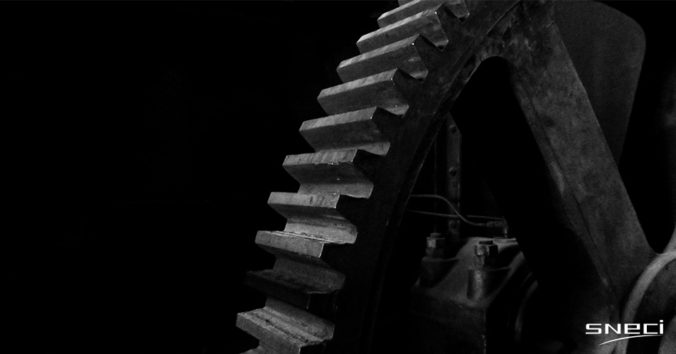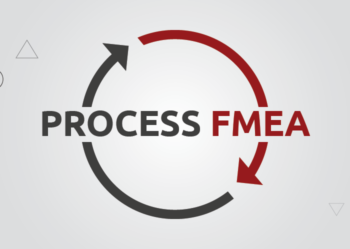Supplier Development: The Key to Tier 1 Supplier Success

Renault supplier quality management, NSA (New Supplier Assessment) and coaching for PSA Group suppliers, project launch support for VW Group suppliers, supplier representation and business development… Such a vast range of activities has allowed us to gain a deep understanding of Tier1 suppliers, on one hand, and their supplier management methods, on the other.
Only last year our local teams have made more than 700 interventions in quality, project management, and logistics directly on the automotive suppliers’ sites in Central and Eastern Europe. This has brought us some interesting insights into suppliers’ issues in industrial performance. We found out that a great majority of Tier1 suppliers’ product defects come from their suppliers of lower ranks.
Main product defect roots at automotive suppliers
There are four main roots of product defects: organization of personnel, industrial organization, quality, and manufacturing methods.
To overcome the last three, car part producers have to deploy lean manufacturing practices and PDCA (plan–do–check–act) methods to the entire complex of the production process. Considering that defects are often transversal (passed on from a supplier of a lower rank), the analysis of errors should be conducted throughout the entire supplier chain. This requires huge investments in communications, transparency, and trust between the buyer and its suppliers.
Even if all the quality and production risks are eliminated, poor organization of teams can lead to major errors in the production process. To avoid this, suppliers have to implement routine management, divide responsibilities between different teams as well as between suppliers and buyers, and give more authority to assembly managers and workers, emphasizing their importance in the quality of production.
Enhanced industrial performance with the supplier development
Supplier development is a specific way of building relationships with selected suppliers that involves continuous, close collaboration between a part producer and a buyer. It is aimed to improve the supplier’s performance for the benefit of the buying organization.
Investing in supplier development programs provide several major benefits. Some of the obvious ones include better overall performance, a reduction in costs and lead time, and a decrease in quality issues.
Moreover, by supporting its suppliers, Tier1 suppliers obtain valuable access to cheaper products, therefore, gaining more competitive advantages in front of the carmaker.
Last but not least, supplier development programs improve communications between the two parties, by establishing full transparency and exceptional supplier responsiveness.
However, due to a lack of resources, competencies or supply chain management strategy, Tier1 suppliers often neglect their relationship with the suppliers of a lower rank. This has a crucial impact on the organizations’ final results.
Teaching and encouraging procurement teams to develop suppliers by establishing strategic partnerships is crucial not only to achieve better long-term results in terms of cost and quality but also to provide Tier1 suppliers with a trusted business partner and a reliable supply chain.
SNECI team in Central and Eastern Europe supports car part producers in their supplier development in many different ways. Starting from specific training courses in lean manufacturing and quality tools and finishing up with audit, coaching, and rank-up, SNECI can secure the successful collaboration between your organization and your leading suppliers.
Director of SNECI Central & Eastern Europe





